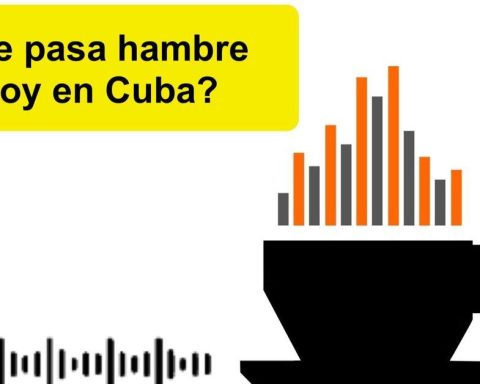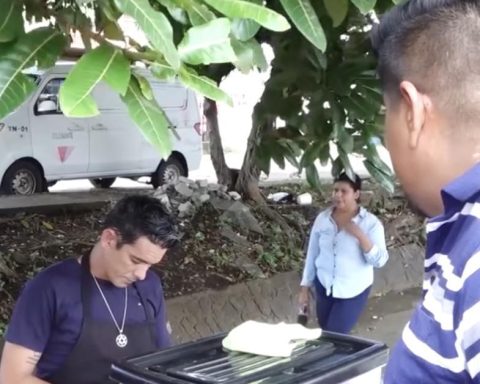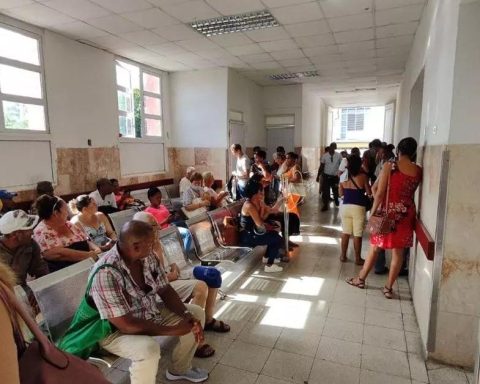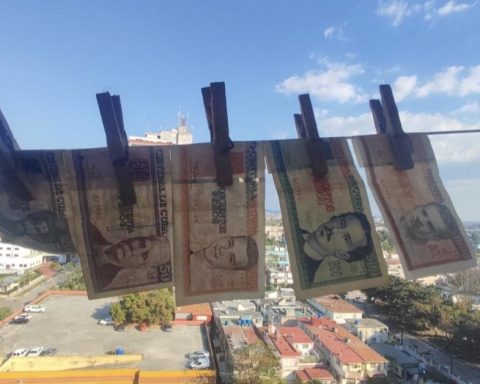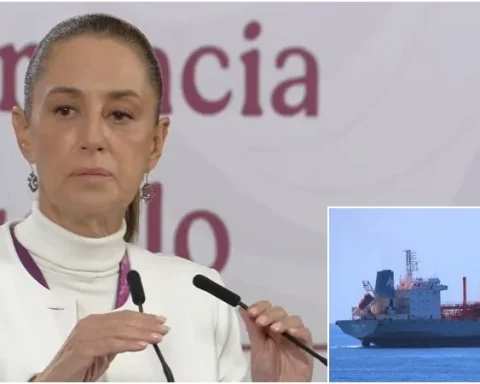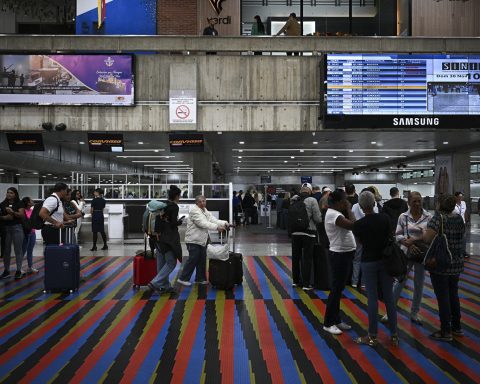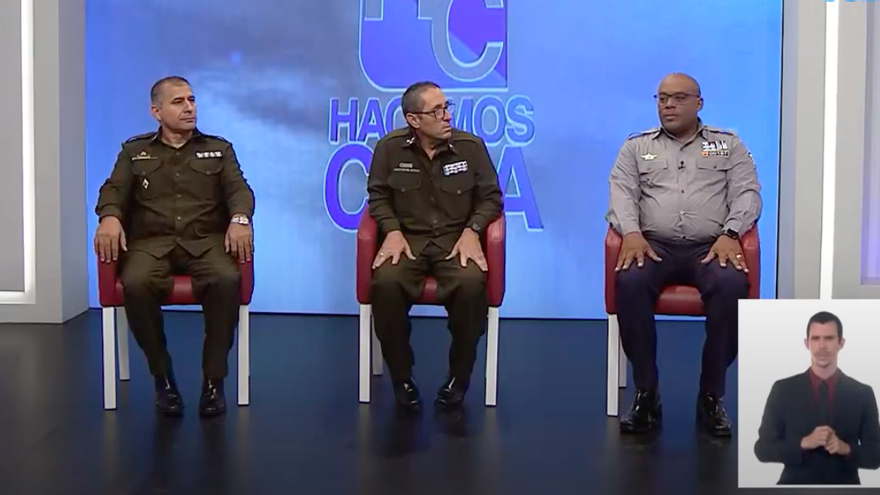
Police appeared this Monday on Cuban Television to lick the wounds caused by the wave of violence, robberies and murders that the country is suffering and insult its coverage by the independent press. It is a question, the agents in the Hacemos Cuba program insisted, of “isolated criminal behaviors” that “the usual enemies” magnify to make the Ministry of the Interior look bad and argue that Cuba is a “failed state.”
The program, moderated by the presenter and spokesperson for the regime Humberto López, is the expansion of a recent editorial on crime published in Granmawhere it was admitted that the Police only solve 60% of the crimes that do not involve firearms on the Island.
Hugo Morales, national head of Patrols, and Raúl Cano, head of the General Directorate of Criminal Investigation, provided another piece of information: 2% of all crimes in which a person has lost their life remain unsolved, despite the fact that pays them “superior attention.”
The unclosed files “remain on the table,” apologized Cano, who assured that the “investigative continuity is permanent” in each of the cases – he did not specify how many – “until an answer is given to the relatives of those victims.” In addition, they added the information that, days before, he had provided Granma: 10% of the crimes in which a firearm was mediated also came to nothing.
The unclosed files “remain on the table,” Cano apologized, who assured that “investigative continuity is permanent.”
None of these numbers worry the officials too much, whose real concern is, they assured, that Cuba’s reputation in terms of citizen security be maintained. With the red news, the independent press intends to “sow panic” in the population and establish a “sort of parallel world.” To exemplify the “manipulation” of reality, they cited three alleged crimes spread on social networks: the assault “at gunpoint” of a bus on route 436 in Havana, the theft of cell phones and clothing at the Güines pediatric hospital (Mayabeque) and the kidnapping of a child in Havana.
“None of these facts is true,” settled Morales, who did not allude, however, to the dozens of crimes reported by the independent media with abundant documentation and testimonies.
The Police are “the first to arrive at the place” where a crime is committed, the agent guaranteed, and after “verifying the real existence of that fact, they guide the victims on how to preserve the site.” Then, she says, the “rest of the systems” are contacted, such as forensics, Public Health or State Security.
Morales explained that the Ministry of the Interior is working on the “neutralization of the criminal potential” of the Island and that it intends to reinforce surveillance on the highways. In addition, it will not stop promoting the “alliance” with the informers assigned by the Committees for the Defense of the Revolution (CDR) to ensure “control of people who are prone to committing criminal acts.”
For his part, Cano lamented the reluctance of the population to contact the Police. “If he is robbed and he does not report it because he believes there will not be an answer, he is depriving law enforcement of knowing better the perpetrators of those crimes.”
If what prevents the making of complaints is fear, the Police have “ways” to maintain the protection of “collaborators” who help to dismantle “criminal chains”
He affirmed that, if what prevents the making of complaints is fear, the Police have “ways” to maintain the protection of “collaborators” who help to dismantle “criminal chains.” “It is an ethical principle to preserve the identity of people and protect them, even with guarantees before the law when they provide information that is useful in the investigative processes,” said Manuel Valdés, head of the “organ of confrontation” of the Technical Department. of Investigations (DTI).
Valdés was alarmed at the “new ways of operating by criminals” and the increase in judicial processes –almost double now than in past years, he said without specifying the data–, to which Cano replied by stressing that the Police had “scientific knowledge, preparation, dedication and encouragement of creativity in research”. The key, he said, is to develop criminalistics and “avoid concentrations of criminal acts.”
Still, he cautioned, “results may not always be achieved.” During the rest of the program, the officers spoke about citizen security on the Island, where they should not use, they celebrated, “bulletproof vests or protective backpacks.” “You can’t talk about insecurity in a country where a boy can play in a park without fear of being kidnapped or where you don’t have to hide a child to protect him from a shooting in the middle of a residential area,” they stated, in a veiled allusion to the United States.
The vocation of the Cuban Police must not be forgotten, the agents stressed, to which Fidel Castro attributed the condition of being “the best in the world, the most organized, the most prepared and also the most humane.”
According to the official press, the agents have carried out 11,500 prevention and confrontation against crime so far this year and their work has resulted in the arrest of more than 12,000 people. Although Hacemos Cuba has avoided the obvious conclusion throughout the program and none of the agents dared to bell the cat, the data – even incomplete – do not lie: as long as the crisis lasts, the escalation of violence is unstoppable.
________________________
Collaborate with our work:
The team of 14ymedio He is committed to doing serious journalism that reflects the reality of deep Cuba. Thank you for accompanying us on this long road. We invite you to continue supporting us, but this time becoming a member of our newspaper. Together we can continue transforming journalism in Cuba.

